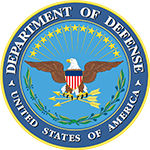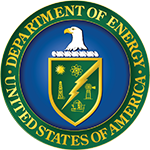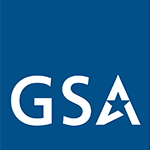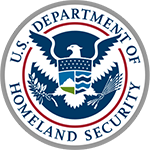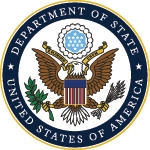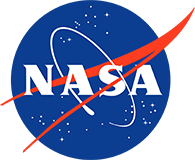Laboratories can use three to four times more energy than an average office building with cost-saving opportunities of 20%-40%! Organizations choosing to implement Smart Labs principles are taking the first step in reducing their building's carbon footprint while enhancing the health and safety of their most valuable assets, their staff. The Smart Labs training provides the framework necessary to assemble a collaborative team capable of evaluating laboratory performance while identifying and implementing efficiency improvements.
Visit the Smart Labs Toolkit website to learn more about Smart Labs.
Instructors
Otto Van Geet, Principal Engineer, National Renewable Energy Laboratory Read Bio
Otto Van Geet is a Principal Engineer at NREL. He has been involved in the design, construction, and operation of energy-efficient research facilities such as laboratories and data centers, office and general use facilities, and low-energy-use campus and communities. Van Geet was one of the founding members of the Labs21 (Smart Labs) program and his experience also includes renewables screening and assessment, PV system design for on- and off-grid applications, energy audits, and minimizing energy use. Van Geet has authored many technical reports and conference papers and been recognized with many awards from professional associations, including the 2007 Presidential Award for Leadership in Federal Energy Management and the 2011 GreenGov Green Innovation Presidential Award for the NREL Research Support Facility data center.
Rachel Romero, Energy Engineer, National Renewable Energy Laboratory Read Bio
Rachel Romero, PE, is an energy engineer and project leader at the National Renewable Energy Laboratory (NREL) in the Integrated Applications Center. Rachel provides technical assistance to the to the U.S. Department of Energy's Smart Labs program, which provides technical assistance to university and national laboratory partners across the United States. She was a main author of the Smart Labs Toolkit, which describes a systematic process to achieve safe, efficient, and sustainable laboratories. She obtained her Bachelor of Science in mechanical engineering from Hope College and then received her master's degree in building systems engineering from the University of Colorado Boulder. Rachel is an active member of ASHRAE, active on TC 9.10 Laboratories.
Learning Objectives
Upon completion of this training, attendees will be able to:
- Recognize the benefits of implementing a Smart Labs program; Identify how to reduce energy consumption and carbon emissions;
- Identify how to improve the efficacy of laboratory ventilation systems;
- Identify how to lower operating costs;
- Identify how to improve the health and safety of laboratory staff; and
- Recognize how to operate and maintain an effective Smart Labs program.


